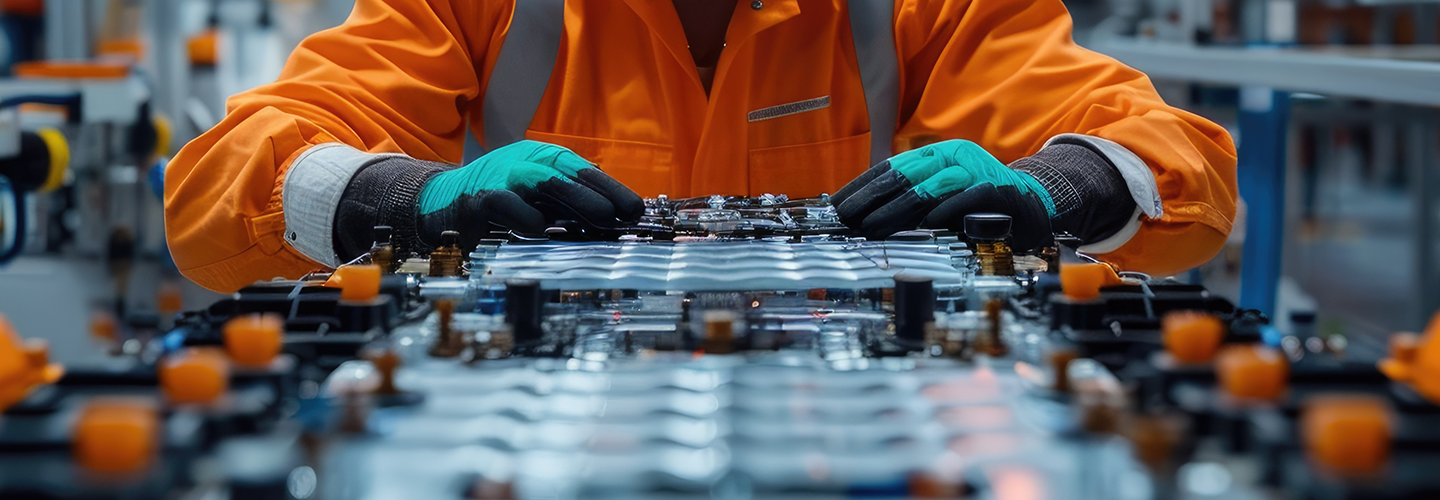
BATTERY WEBINAR SERIES
Accelerating Battery R&D Through In-Operando Isothermal Microcalorimetry
October 16, 2024
10:30 am EST | 3:30 pm BST | 4:30 pm CET
In this webinar learn about the latest innovation in battery whole cell testing the Battery Cycler Microcalorimeter Solution.
This solution simplifies what was previously very complex testing.
Now you can test a variety of whole cell battery types in one system with the new All-in-One software reducing data collection errors and keeping all your data in one place.
Join us for this webinar to learn:
Register for the other webinars in our series:
Oct 09 | Enhance Battery Safety by Evaluating Your Materials Thermal Stability | Register
Oct 23 | Rheological Characterization of NMC-Based Dry Powder Cathode | Register
Oct 30 | Optimize Electrode Slurries via Flow and Structure Analysis | Register
Meet the Speaker
 |
Jeremy May Ph.D. Battery Specialist – Global Applications Support Jeremy May is a senior applications scientist at TA Instruments, based in New Castle, Delaware. He specializes in battery material analysis and in-operando electrochemical calorimetry, supporting all battery and green energy related applications. He has 7 years of experience in electrochemistry, working in areas ranging from electroanalytical to hydrogen fuel cells and lithium-ion batteries. Jeremy earned his bachelor’s degree in chemistry from Pacific Lutheran University and his Ph.D. in Chemistry from the University of Idaho. |
